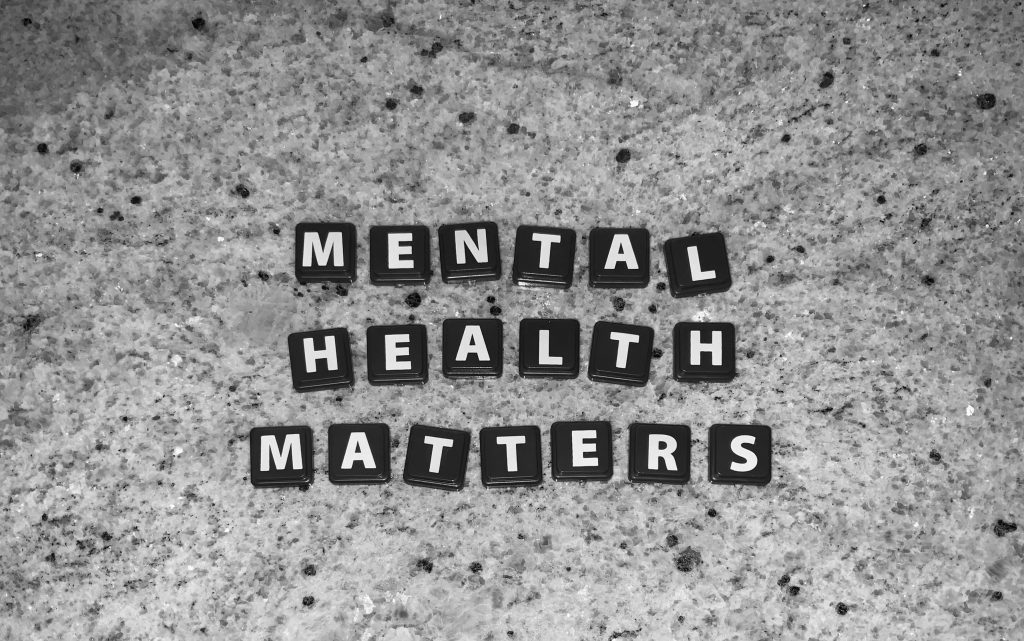Mental health is one of those topics that is difficult for the common man to understand without proper training from an expert. Thankfully, in today’s society the topic of mental health is becoming more normalized and less stigmatized so that we can all live at our optimum health mentally. Here’s a brief interview asking 5 questions about Mental health answered to get us started learning about the topic with Psycho-Therapist Donzell Lampkins, MSW, LCSW.
How does mental illness normally occur?
Several factors can contribute to a mental illness such as a person’s genetic makeup, temperament, environment, or social situation. Trauma, certain substances/medications, as well as medical conditions can contribute to a mental illness developing overtime. Other times, the cause is unknown, which can be difficult to accept.

Can mental illness happen to anyone?
Absolutely! Mental illness doesn’t discriminate. In fact, according to NAMI, 1 in 5 U.S. adults experience mental illness each year. We all experience life so we are all susceptible to mental illness. However, we can decrease our risk by building our mental strength through developing healthy coping mechanisms, utilizing our support system, and practicing gratitude and a positive/growth mindset.
How can we help ourselves, friends, and family be healthy in this area?
The best thing we can do is acknowledge our emotions, be transparent, check on each other, seek help and encourage our loved ones to seek help.

Is unforgiveness an open door to mental illness?
I don’t know that there is direct causation, but there are correlations between unforgiveness, bitterness, and resentment with mental illness. It’s important to resolve our emotions regarding people or things that have harmed us. Forgiveness is choosing to let go of the negative emotions associated with the offense. Nonetheless, it’s not forgetting or pardoning a person for their actions. When we choose not to forgive, we’re consciously holding on to the negative emotions, which can cause a mental illness to develop due to the duration of symptoms. This results in a difficulty reducing symptoms and the negative impact on our ability to function in important areas of our life such as social relationships.
Are there levels of mental illness?
Yes, there are. Clinically speaking. There are different types of mental illnesses with varying levels of severity ranging from mild to severe. Some mental illnesses are life long and require medication in conjunction with evidence-based therapy. Different therapeutic treatment modalities have been clinically proven to effectively treat various mental illnesses so it’s important to understand what your needs are from a therapist.

Leave a Reply